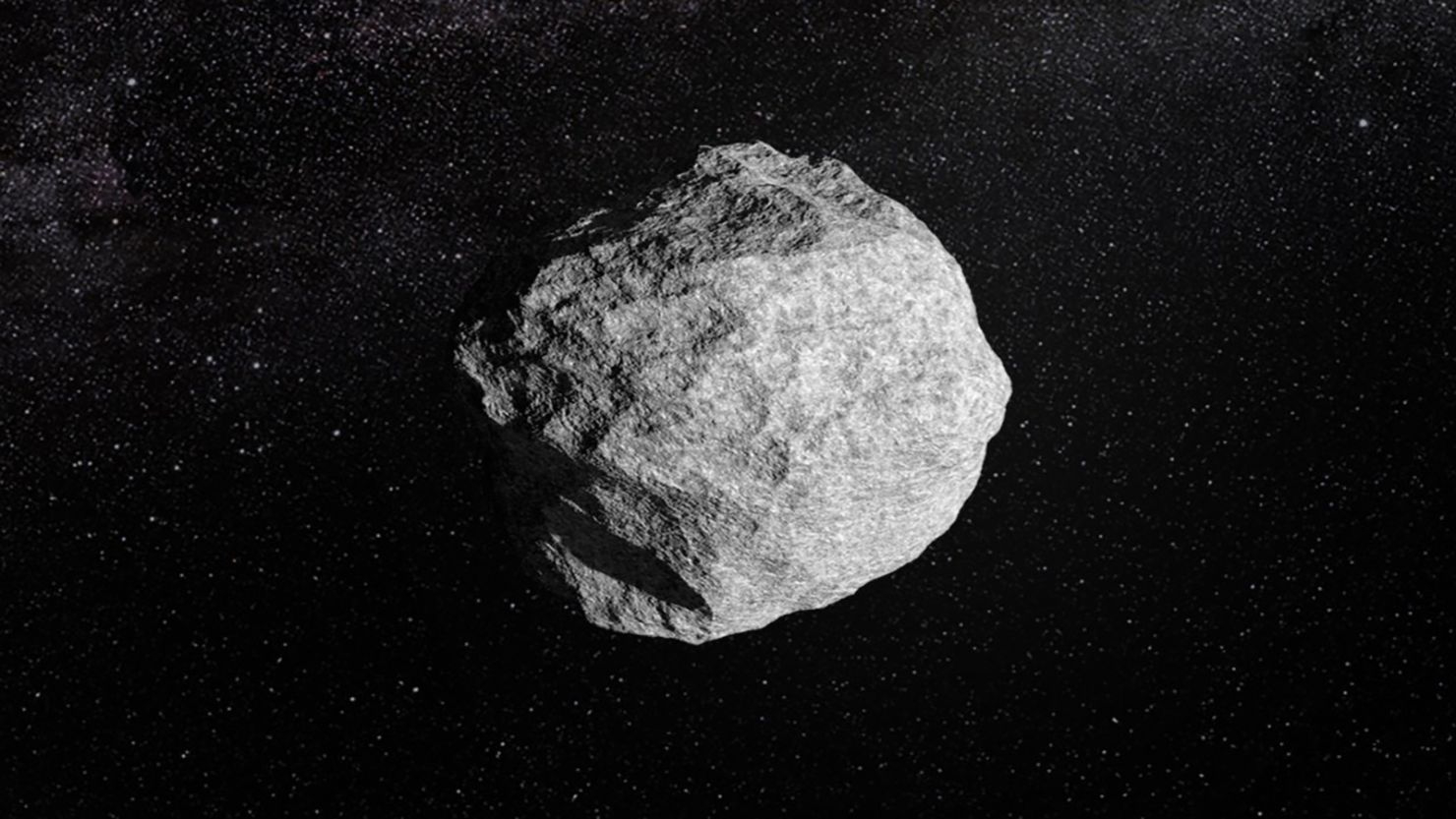Lead poisoning caused lower IQs in Ancient Rome

Image: Friso Gentsch/Picture Alliance/Getty
While Ancient Rome was flourishing thousands of years ago, something ominous was in the air – literally.
Lead pollution during the Roman Empire grew to a high enough level that it dropped the population's collective IQ, potentially aiding in the empire’s fall, according to a recent peer-reviewed study.
By the numbers
The research actually started far from Rome, in the Arctic temperatures of Greenland and Russia. Scientists located three ice cores with lead levels dated between 500 BCE–600 CE, roughly the same span as the rise and fall of the Roman Empire.
- After analyzing the ice cores, the researchers concluded that Roman silver mining operations emitted an estimated 3,300-4,600 tons of lead into the atmosphere each year – the earliest known example of widespread industrial pollution.
- As a result, the average Roman had enough lead in their blood to cause a general IQ decline of ~3 points across the entire population.
📝 Bottom line: While there’s no definitive answer on the Roman Empire’s fall, the study's authors say their findings show “lead was one of many risk factors that could have contributed to [its] decline.”
Share this!
Recent Science & Emerging Tech stories

Science & Emerging Tech
| February 20, 2025How NASA’s space innovations can touch Earth
🚀 Maybe the real treasure of space travel was the products we made along the way. NASA last week released its annual Spinoff publication, which highlights the agency’s technologies that successfully transfer over to the commercial sector.

Science & Emerging Tech
| February 18, 2025An asteroid could hit Earth in 2032
☄️ There is a 2.6% (1-in-38) chance that an asteroid will hit Earth on December 22, 2032, according to America’s space agency. That’s up from an initial estimate of 1.2% in late January, shortly after it was discovered.

Science & Emerging Tech
| February 14, 2025Future plane travel could look like this
✈️ Airbus is aiming to take a classic English vehicle into the sky. The European aviation giant this week announced a partnership with startup Chaise Lounge to explore early-stage concepts for outfitting some of its planes with double-decker seating.
You've made it this far...
Let's make our relationship official, no 💍 or elaborate proposal required. Learn and stay entertained, for free.👇
All of our news is 100% free and you can unsubscribe anytime; the quiz takes ~10 seconds to complete